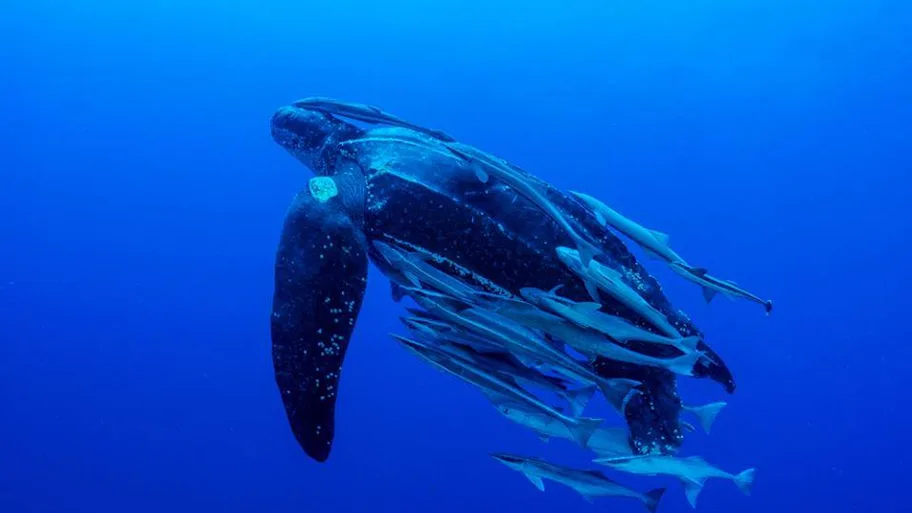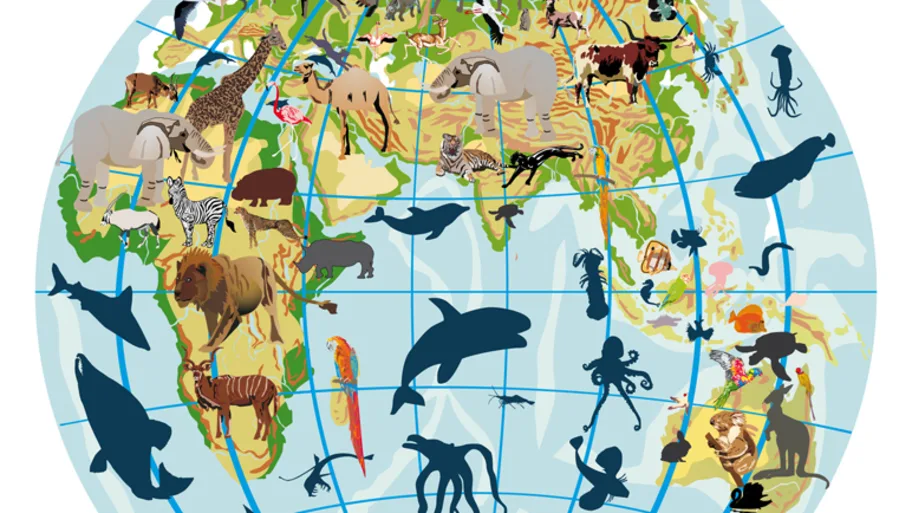
- Science news
- Frontiers news
- New Chief Editors for ‘Marine Evo Bio, Biogeography & Species Diversity
New Chief Editors for ‘Marine Evo Bio, Biogeography & Species Diversity

Frontiers in Marine Science is excited to announce the expanded scope of our previous ‘Marine Systematics and Taxonomy’ specialty section, with the new name ‘Marine Evolutionary Biology, Biogeography and Species Diversity’. We proudly welcome our new Specialty Chief Editors, Prof. Dr. Thomas Wilke and Dr. Katrin Linse.
Prof. Wilke joins us from the Department of Animal Ecology and Systematics at Justus Liebig University, Germany, where he is the head of the Systematics and Biodiversity Group. His research focuses on the phylogeny, biodiversity, and evolutionary strategies in aquatic gastropods, invasion biology, and the consequences of global change in aquatic ecosystems.
Dr. Linse is a Senior Biodiversity Biologist at the British Antarctic Survey in the United Kingdom, where she is part of the Biodiversity, Evolution and Adaptation team. She specializes in the biodiversity of shelled marine mollusks and in the biogeography, phylogeography, and evolution of Antarctic and deep-sea marine invertebrates. She is currently involved in ecological studies and species identifications on hydrothermal vents in the Southern Ocean and previously led the team who designed the first Antarctic database of benthic species.
Prof. Wilke and Dr. Linse have joined forces to develop a unique outlet where researchers can publish work on the evolution of life in the oceans over space and time, as well as on the phylogeny and species diversity of all marine organisms (bacteria, archaea, eukaryotes). The marine realm is arguably the home of most of the world’s biodiversity, yet the vast majority of this has yet to be discovered, described and placed in an evolutionary context. This new specialty section of Frontiers in Marine Science encourages submissions that bring new insights for this problem as well as providing a new venue for evolutionary, biogeographical and biodiversity studies.
The section welcomes phylogenetic analyses across taxa, evolutionary studies, assessments of cryptic species complexes and phylogeographies, broad biodiversity inventories, and biogeographical assessments (both recent and past). The section especially encourages multidisciplinary, comparative and multi-species articles. Taxonomic and systematic studies are also welcome if they are of interest to the wide international readership of the section, offer theoretical or methodological advances, focus on precisely framed evolutionary or biogeographical questions, and/or address issues such as new habitats or symbiosis.






